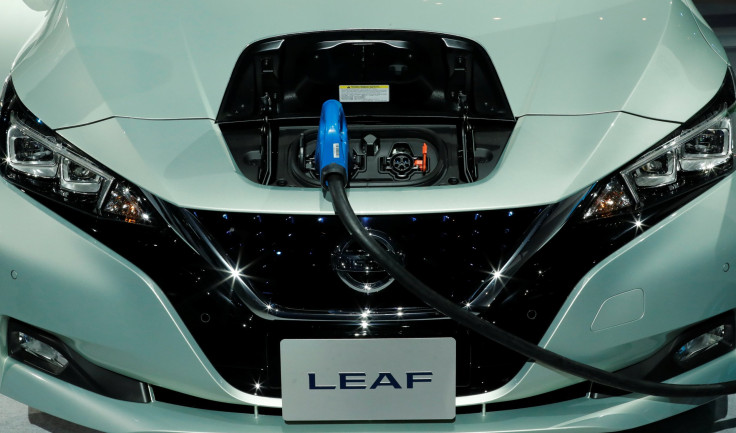Trump Administration May Roll Back $7,500 Tax Credit For EVs: Report

Electric vehicles (EVs) are currently selling at an unprecedented rate for the segment. However, according to a new report, they might soon get expensive.
According to a report published by Bloomberg on Thursday, the U.S. government under President Donald Trump might soon eliminate a federal tax credit of $7,500 per electric vehicle, as part of a new tax cut bill.
If the government takes away the incentive, it would mean that electric cars immediately get expensive, which might dissuade interested buyers and force them to switch to fuel-guzzling vehicles.
The electric vehicle industry is currently in a nascent state and might be impacted heavily by the lack of a federal incentive, even though states such as New York and California offer customers state tax credits. This is because the federal tax incentive has driven customers to invest in EVs at the earliest since the incentive is phased out once the manufacturer sells 200,000 cars.
Tesla, the leading EV seller in the U.S. is expected to max out its quota by next year and would have less credit per car going forward.
If the tax cut is eliminated, it will also affect automotive companies such as General Motors which have bet on all electric future — they want to stop making diesel and gasoline vehicles permanently.
"Right now the EV market isn't driven by natural demand. If you remove the tax credit, then either the manufacturer eats it or sells fewer vehicles," Eric Noble president of automotive company CarLab told Bloomberg.
Electric cars have just started selling well in the United States — a traditional market for gas guzzling SUVs. Tesla, Nissan and General Motors are expected to be hit hard if the tax break is taken away. When a $5,000 credit was eliminated in Georgia, it led to a severe fall in sales of EVs in the state — from 1,400 vehicles being sold a month to lesser than 100.
However, the electric vehicle industry might still survive. States like California mandate that every car maker in the state must have a certain share of zero-emission vehicles. If they don’t do this, they need to borrow credits from companies with larger green footprints.
In such a scenario, carmakers will have to lower prices of EVs to get to volumes mandated by state governments such as California. This could mar innovation in the space — carmakers such as GM are actually losing money on every EV they make currently in hope of future profits.
The possibility is that EVs might get limited to high-end models, with prices around $100,000 since the customers for these vehicles don’t care about the tax break and car makers can make back their money on such vehicles.
In the overall scenario, the EV industry in the U.S. might be affected adversely by the elimination of tax breaks.
© Copyright IBTimes 2024. All rights reserved.





















